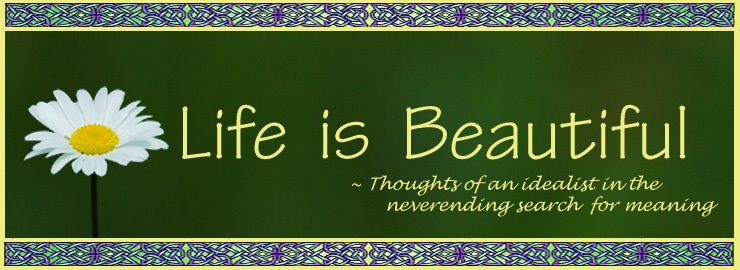This is why I love the Harry Potter fan community.
Just about everyone on the planet has heard of Harry Potter. It is one of the most beloved stories of all time. But simmering beneath the surface is another story. The story of the fandom.
In many ways, I believe the fandom represents the generation of kids (now young adults) who grew up with Harry. In fact, it could be argued that Jo Rowling did more than write a bestselling book series. It could be argued that Jo inspired and defined a generation.
There are hundreds of online fan sites, hundreds of fan fiction authors, and hundreds (yes-- I'm not exaggerating) of wizard rock bands. (If you don't believe me, check out this: wizrocklopedia-band-listings). But what is fascinating to me is how the fandom transcends their love for a story. When these fans get together, it's not just to discuss the literary merits of the books, have a pick-up game of Quidditch, or enjoy socializing at a Yule Ball. These folks are living the messages that Rowling models: promoting literacy, giving to charity, creating (house) unity.
For example, one of the top websites (The Leaky Cauldron) just held a conference (LeakyCon 2009) two weeks ago in Boston. In addition to the academic HP "experts," they also had big names like award winning YA author John Green (and his brother Hank), Cheryl Klein (an editor of the HP books at Scholastic), and Michael Goldenberg (the screenwriter for the Order of the Phoenix movie, as well as Contact and Peter Pan). Also, Jo Rowling and Scholastic donated a signed 10-book set of American Edition Harry Potter books for fundraising (the only such set in the world.) It was a huge event for fans. Thousands attended. It was organized and run by the fans who run the website-- median age: probably 24. And if that's not inspiring enough, all proceeds went to charity: Book Aid International and the HP Alliance (who raises awareness of Darfur and runs a book drive for Rwanda)!
Another example is the Wizard Rock community. Founded and led by the band Harry and the Potters (brothers Paul and Joe DeGeorge), Wizard "Wrock" bands tour the US, playing in libraries, schools, and bookstores to celebrate and promote literacy. Harry and the Potters, for instance, encouraged concert goers in the summer of 2006 to read some of their favorite books in exchange for toothbrushes (bearing their band name) with the receipt of a book report (that gets a huge "yay" from moms everywhere!), and wrock band The Remus Lupins' motto is "Fight Evil, Read Books."
So I was not at all surprised to learn of this most recent endeavor by a HP fan. Emerson Spartz started the largest HP fansite in the world (Mugglenet) in 1999 when he was just 12 years old. He is at the forefront of the fandom: appeared on FOX news, was parodied by Jimmy Kimmel, and co-authored a bestselling book about HP. And he was one of only two people invited by Jo Rowling to her home for an interview after the midnight release of Harry Potter and the Half-Blood Prince. Now at the ripe old age of 22 (ha!), he has started a new website in reaction to a site that has been gaining popularity: FMyLife.com.
FMyLife.com is a site where people share stories explaining how their day was completely ruined. Tired of always hearing about negativity, Emerson and his fiancee, Gaby, launched GivesMeHope.com "where people share with the world their most hopeful, uplifting moments and allow others to draw strength from their experiences."
This is why I love the Harry Potter fan community.
They give me hope.
7 years ago












